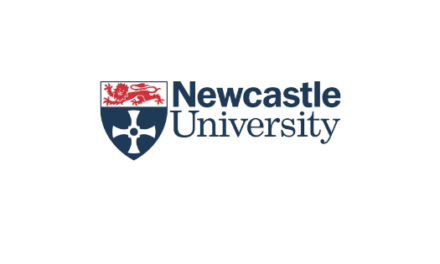Call for graduate student (Ph. D.) position in experimental psychology about perception, action and performance in various body positions
Abstract: Title (English) : The benefits of standing for optimally performing visual tasks
Abstract: In the standing position, humans sway continuously. In the literature on postural control, the need to control balance has always been viewed as a burden for task performance. However, many arguments and a new trade-off (postural sway/performance) hypothesis suggest that the fact of swaying in the standing position may be advantageous to optimally perform precise visual tasks (e.g. detection of targets in the visual environment). The main objective of the Ph. D. proposal will be to test the validity of this trade-off hypothesis. Three studies with healthy, young adults will be performed. They will be sitting and standing in various experimental condition (more or less constraining) and will carry three markers (Polhemus motion system) located at the head, upper back, lower back levels as well as an eye tracker (glasses). We will measure kinematic eye and body movements, task performance and the level of difficulty to perform the tasks. Study n°1: to test the effects of the body position and quantity of sway (seated and upright in various positions) on task performances in two precise visual tasks (one easy, one hard). Study n°2: to test the effects of the body position and quantity of sway on task performances in a precise visual task vs. a cognitive one (counting in one’s head). Study n°3: to test with a head-mounted virtual reality display the effects of the perceived quantity of optic flow on task performance in a precise visual task. The participants will only stand comfortably with feet in usual condition and the background of the visual display will show more or less postural sway as if the participants swayed more or less depending on the experimental condition. This study n°3 will test if it is really the quantity of sway, and not really the body position, that matters to explain highest success in task performance, as suggested by the trade-off hypothesis. Our results can have implications for human factors engineering and the way to improve task performance and productivity. During this Ph. D., the doctorate fellow will interact with me and my collaborators and will perform the studies at the Equipex IrDIVE in Tourcoing (our experimental lab). This Ph. D. is not financed today but our objective (you and I) is to propose this project to the SHS doctoral school of the University of Lille and to get the financial support for this thesis (be careful: first selection at the SCALab end of May 2021). All studies will be financed for their realization (already paid engineer, participants, materials, experimental room). For more information, please contact me and visit my website. If you would like to discuss this Ph. D. project eventually to reshape it, please contact me to discuss this opportunity.
Ph.D. director: Dr. Cédrick Bonnet CR1 CNRS, SCALab (Laboratoire de Science Cognitive et Affective), University of Lille; ; https://pro.univ-lille.fr/cedrick-bonnet/


